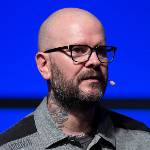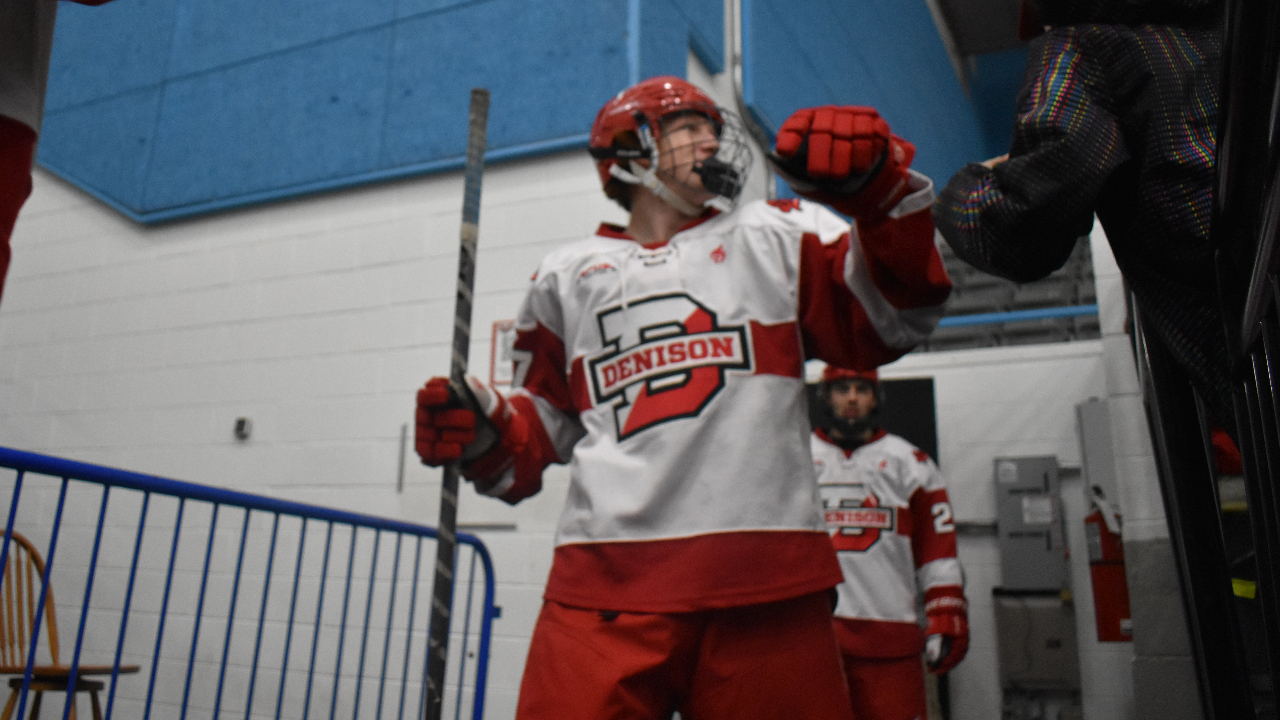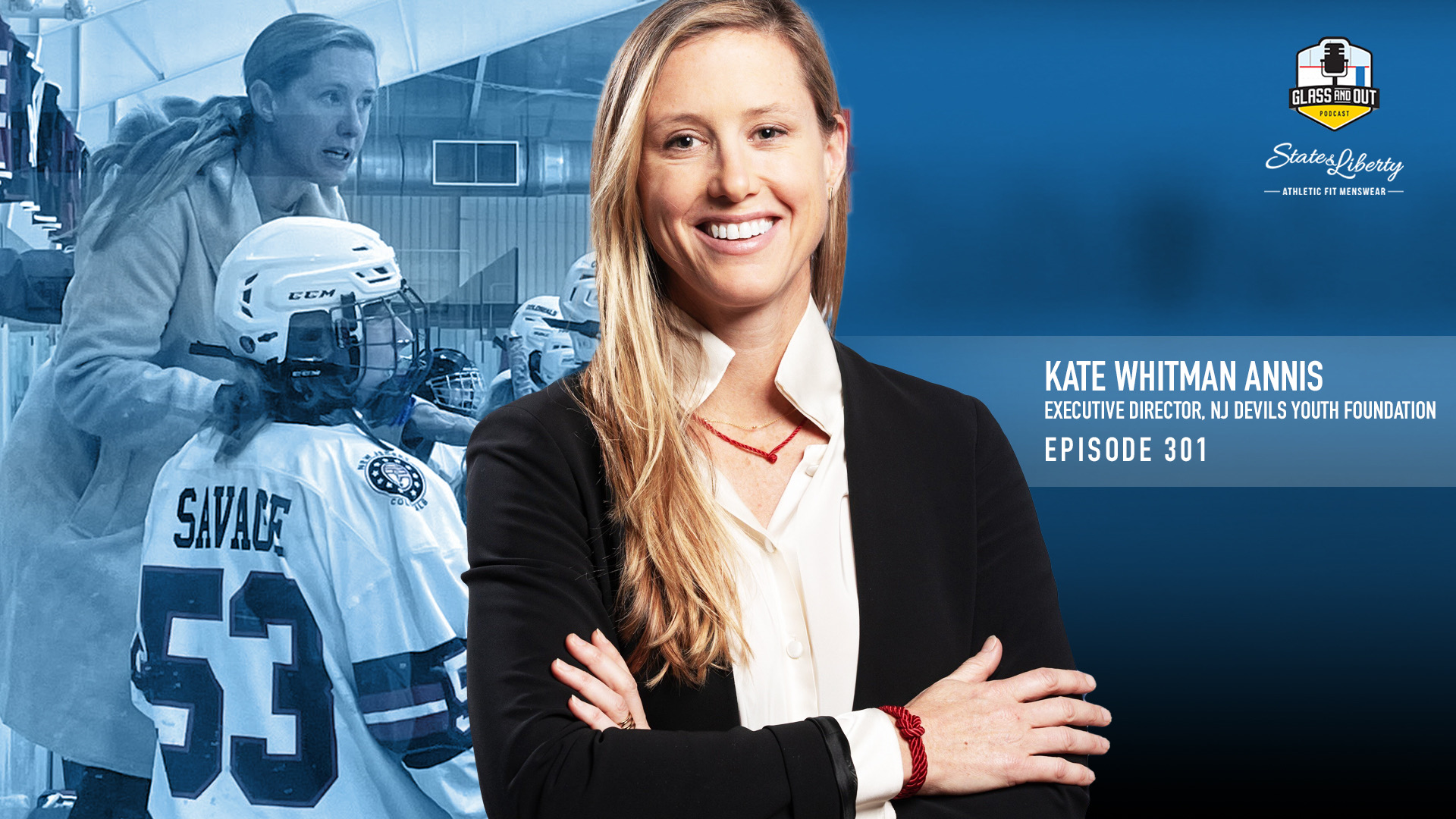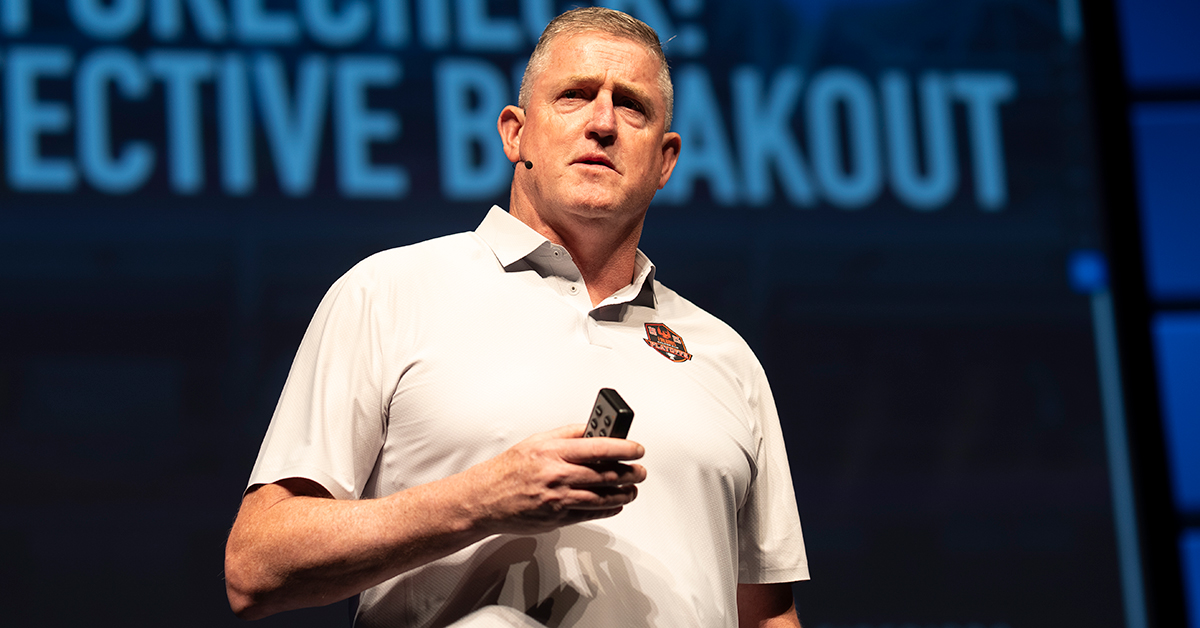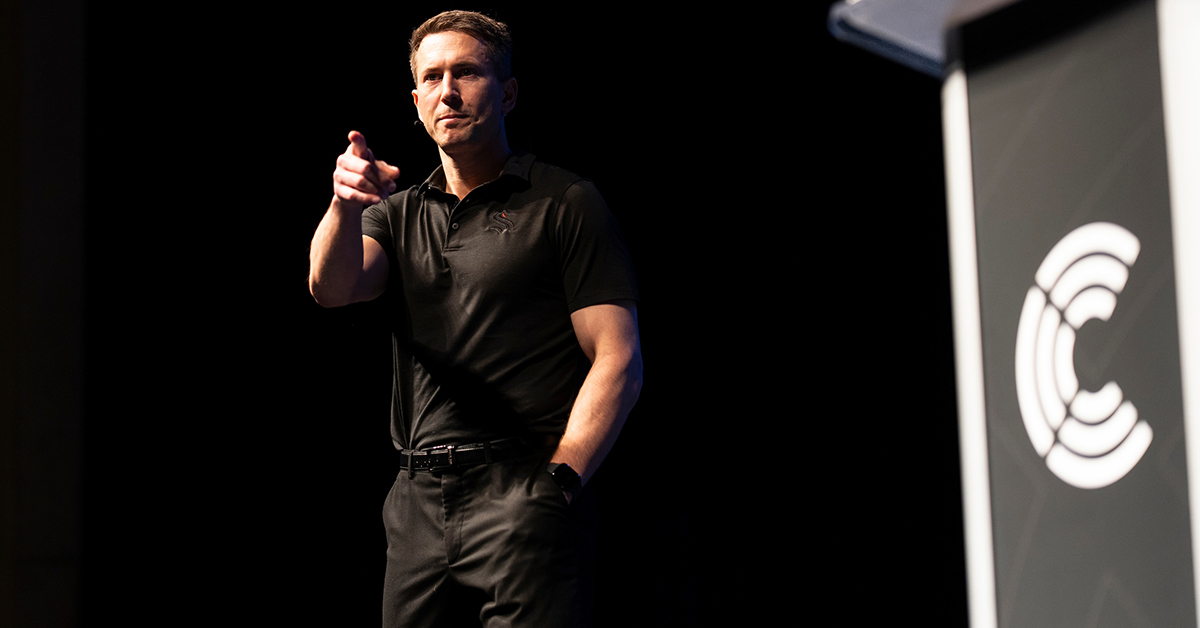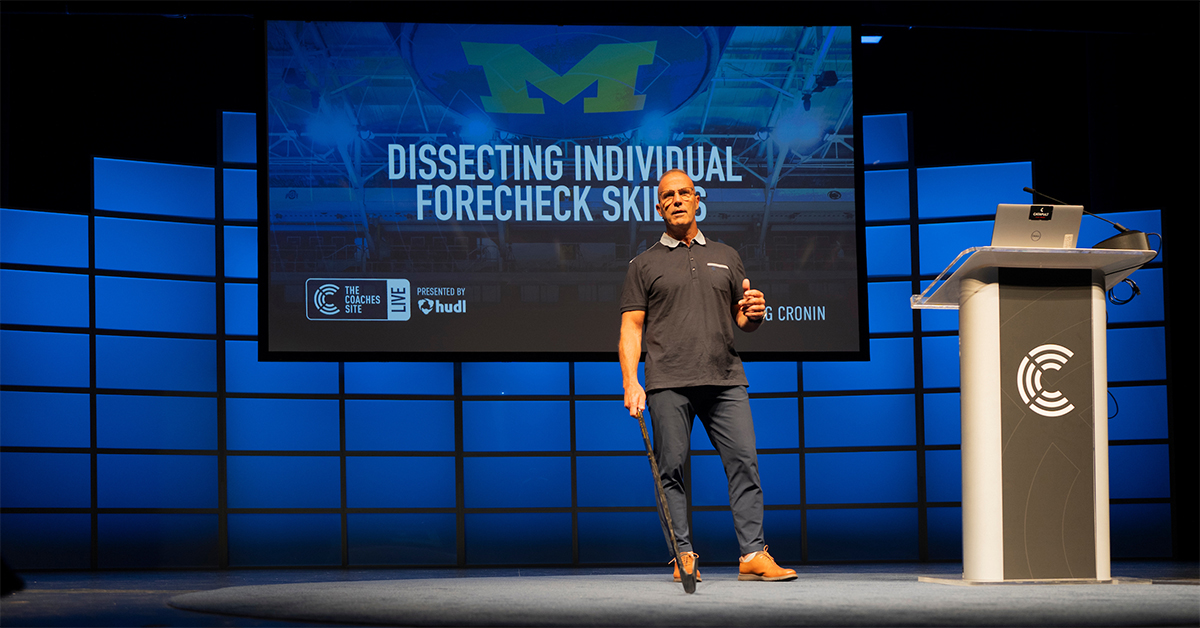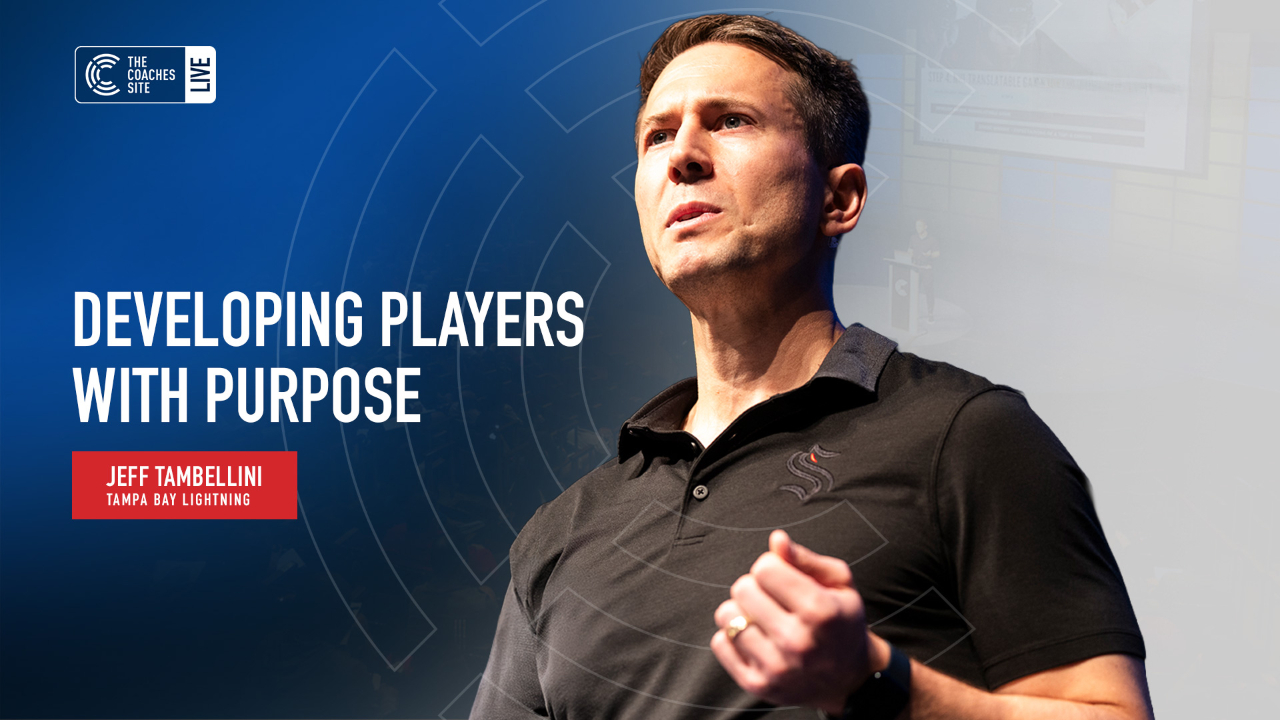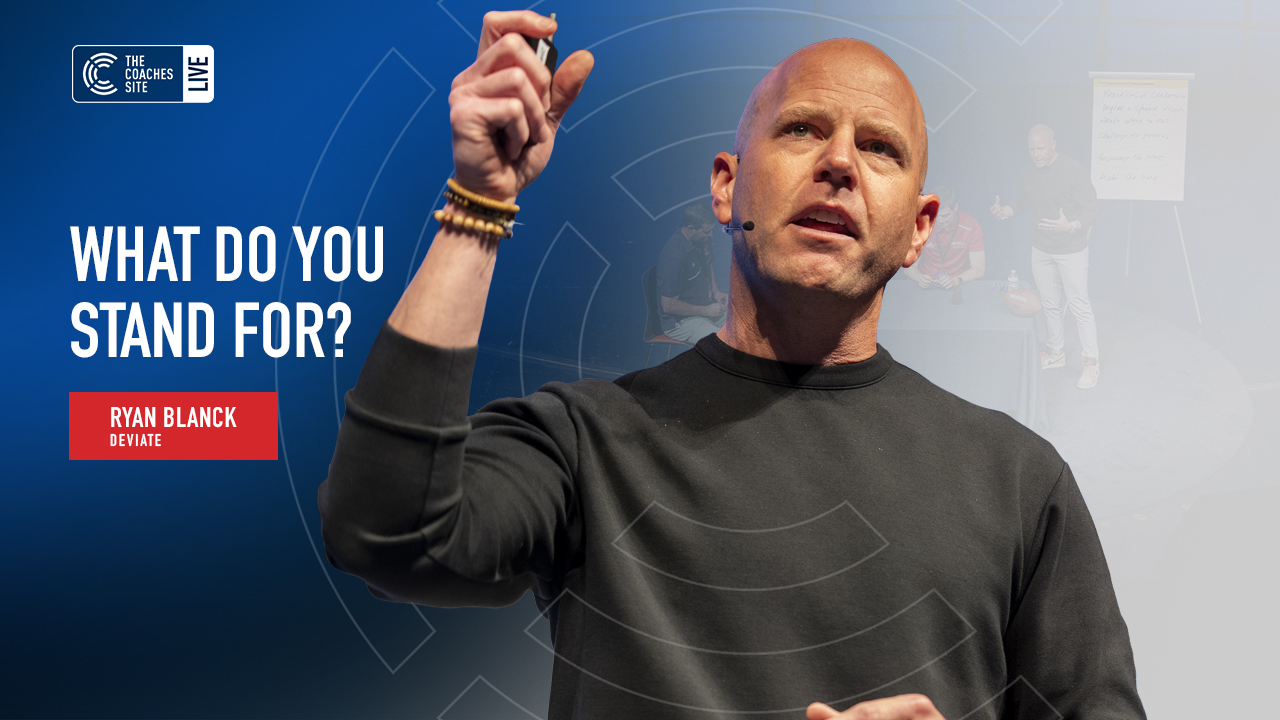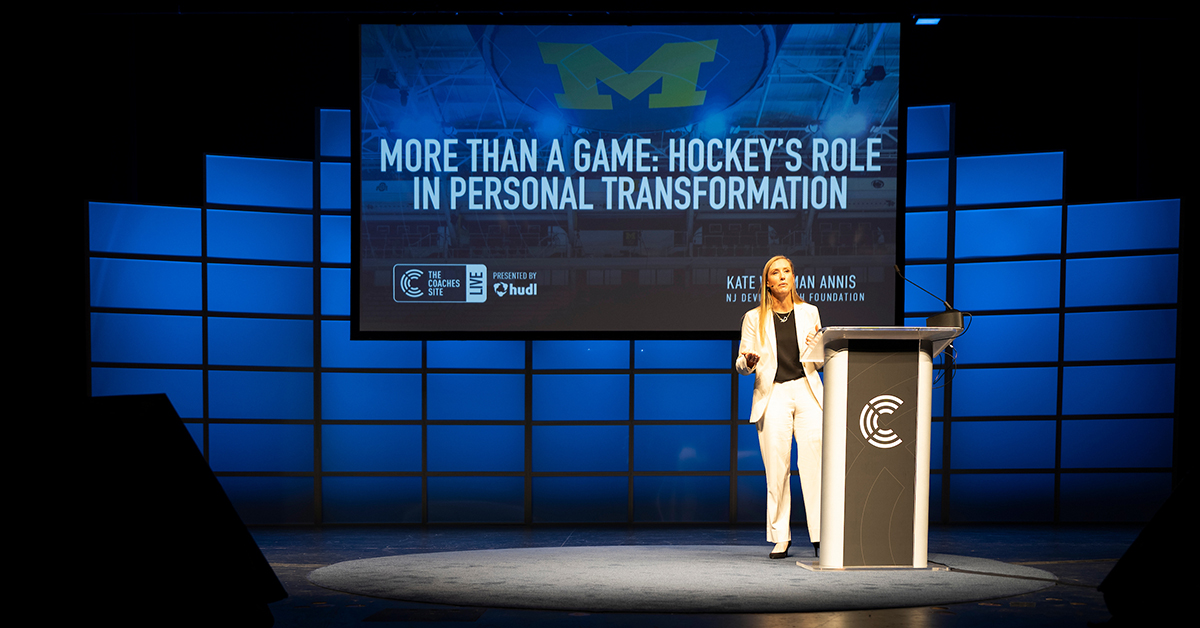
“Each coach presenting shares a personal story. It may be something they learned from a mentor, a challenge they have faced, or a tactic they used that led to success.”
Aaron Wilbur, Founder & CEO of The Coaches Site, kicked off TCS Live 2025 with that message, reinforcing that The Coaches Site exists to ensure every kid has access to a great coach. That opened the first day of Hockey's Premier Coaching Conference with a bang. Seven presentations followed on Day 1, all of which will be available on The Coaches Site this fall.
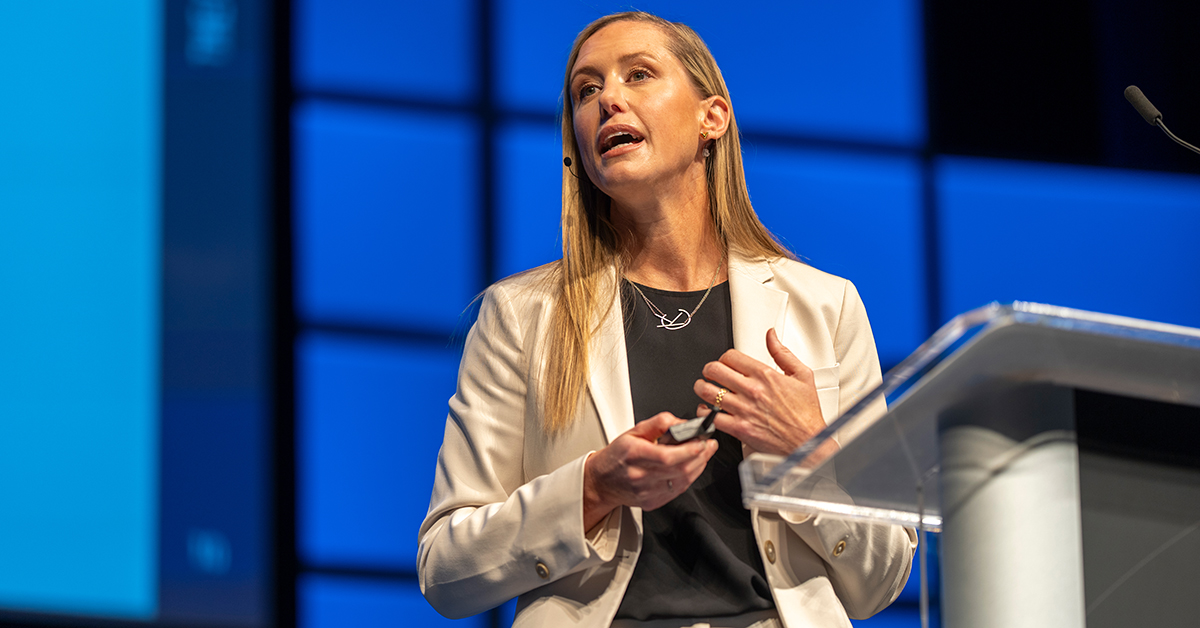
From coaching to now being the Executive Director of the New Jersey Devils Youth Foundation, Kate Whitman Annis has created a career in building up youth hockey players. She emphasizes this by knowing each athlete on an individual level and seeing them for more than just their performance on the ice. Through her hands-on experience of coaching girls' hockey, Whitman Annis has learned the importance of supporting each player's strengths and weaknesses to build leaders, confidence, and culture. Whitman Annis believes that “hockey can break down barriers and build up communities,” and with her player-first approach, she has made an impact on everyone she has reached.
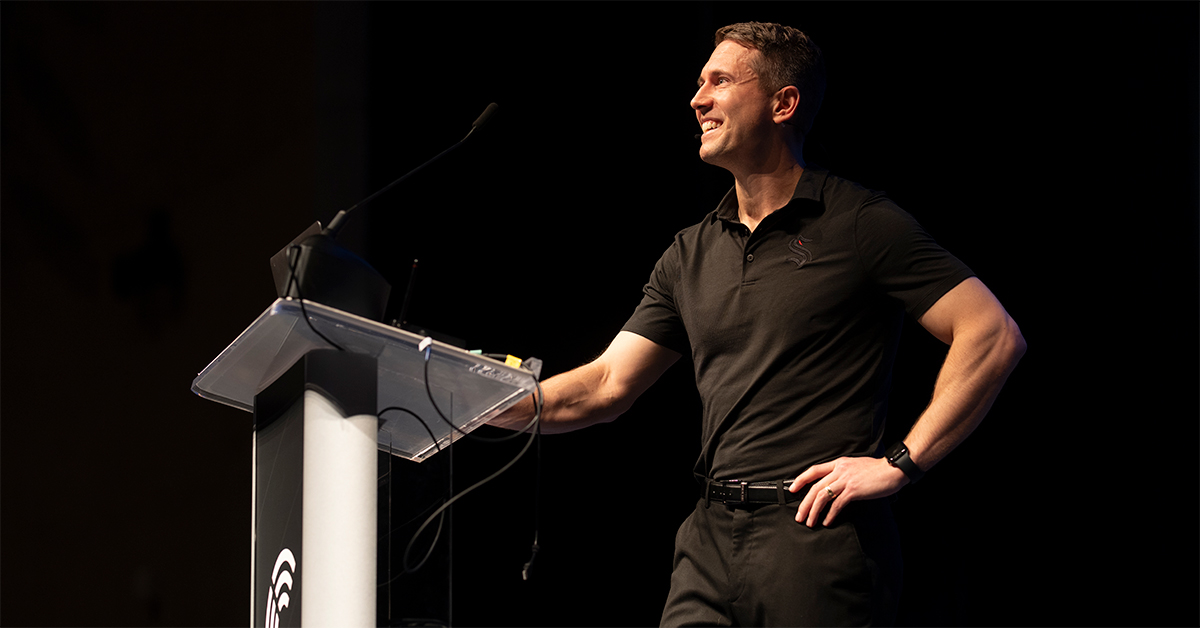
Jeff Tambellini highlighted the process and success of the Seattle Kraken plan for building a team. It begins on draft day, through the American Hockey League, and to their final destination in the National Hockey League. From behind-the-scenes research, building personal relationships, and then developing players to compete amongst top talent, Tambellini knows that the path to a player's success needs trust and clarity. By relying on the relationship with his players and aligning the stakeholders from coaches to parents, Tambellini can create a plan that will allow a player to grow and thrive in their game.
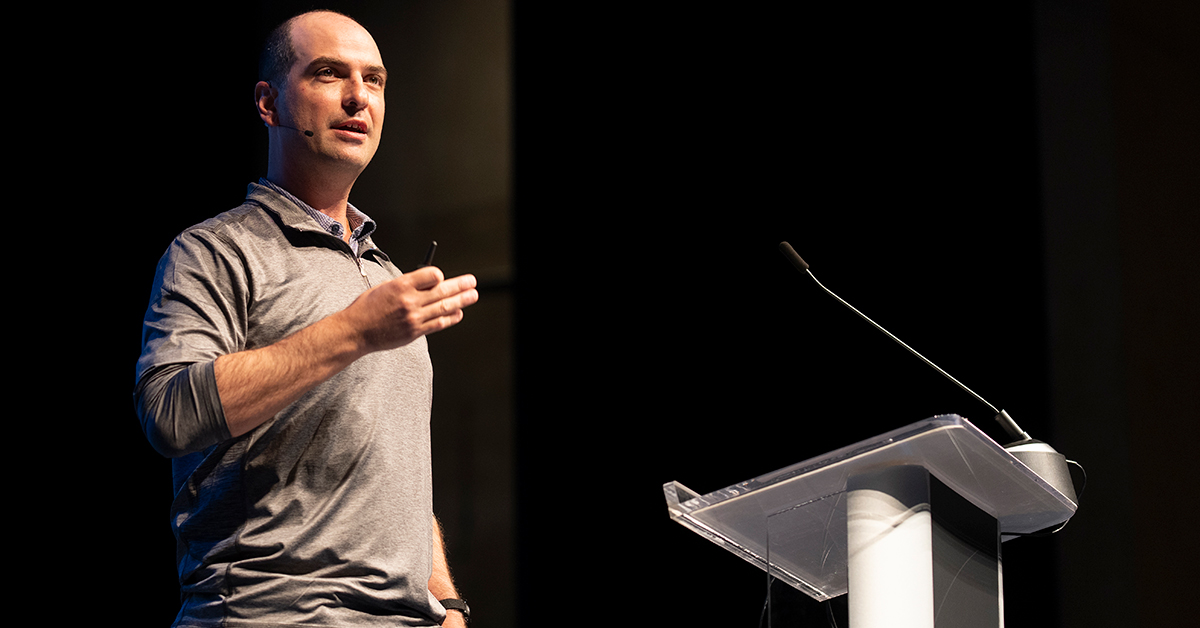
Al Montoya talked about his personal experience of being a player learning to embrace his identity in the hockey environment. As the first Cuban American player drafted to the National Hockey League, Montoya realized that difference is a strength and not a disadvantage. When players feel comfortable in sharing their background and building the player away from just their skills, the improvement shows up on the ice. By fostering environments for diversity to thrive in, the game of hockey gets the chance to spread. Montoya shared his message with a simple idea: “You can’t build a team with all right-wingers."

The trigger: Go. This is Mike Stewart’s message to his strategy on teaching how to recognize, create and execute micro 2-on-1’s. Stewart emphasized taking the opportunity to create extra seconds with the puck and negating opponent advantages. He also put focus on the defensive side of the concept, with the importance of the 3rd and 5th man in and strategy for approaching puck isolations. The importance of this is teaching players to fluently read the game and being able to make quick decisions that will improve the individual player and the team.
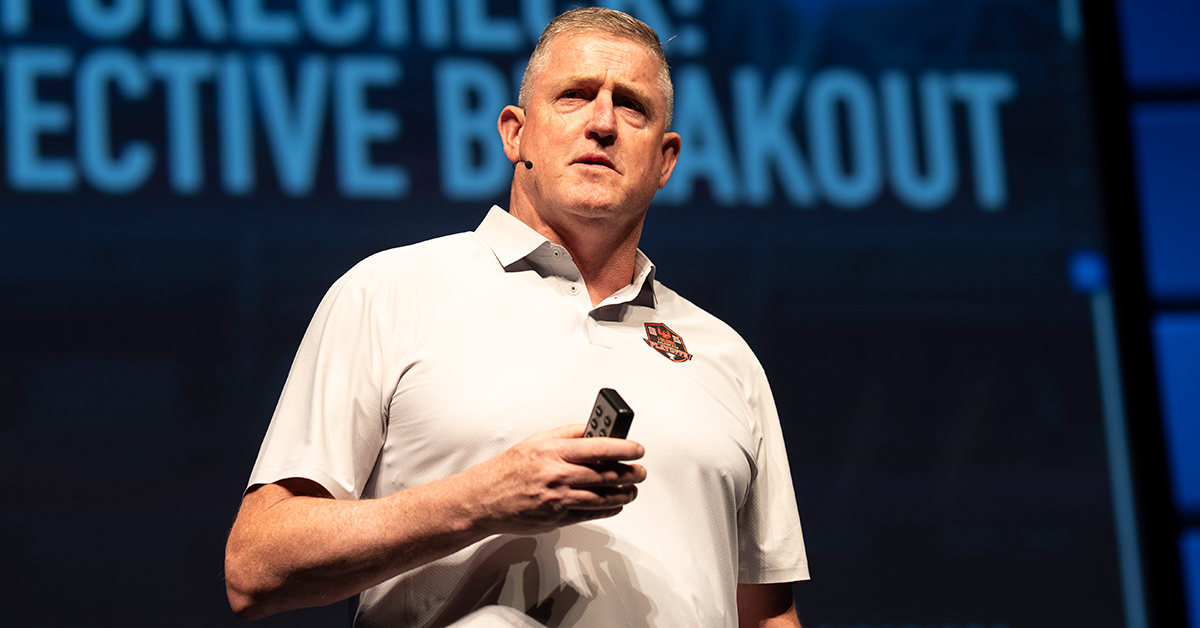
With 30 years of coaching experience, Derek Laxdal brought his wisdom on how to beat the forecheck through an effective breakout. He emphasized the importance of practice, which was evident as his team, the Coachella Valley Firebirds, were 3rd in breakouts in the American Hockey League this season. Key strategies included connecting passes, skate screens, and shoulder checks, which provide the foundation for maintaining strong possession at any level.
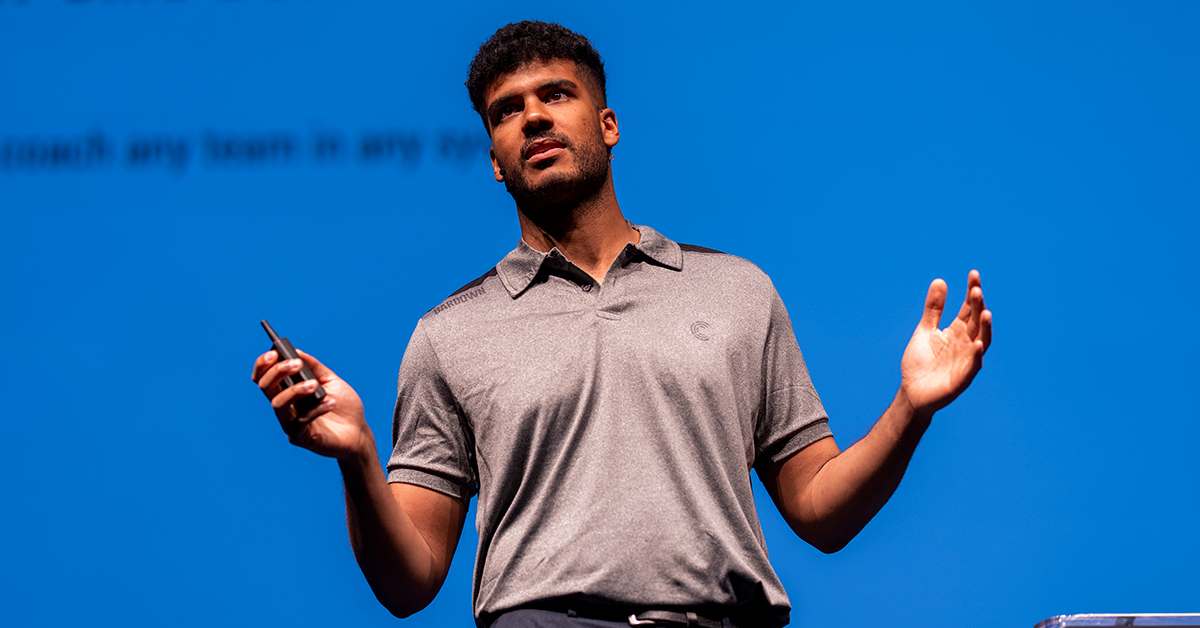
Léo Girod played professional hockey across the world before having an epiphany that led to him creating his company, gotmyteam. He wanted to build a place where teams, agents, and coaches could all connect. Girod’s experience was the backbone of his message on teaching the ways to stand out when applying for coaching positions. His takeaways for finding success when applying is to show your research, clear and direct communication, and creating a way where they will know your name. Girod summed this up by saying, “Make yourself impossible to ignore."
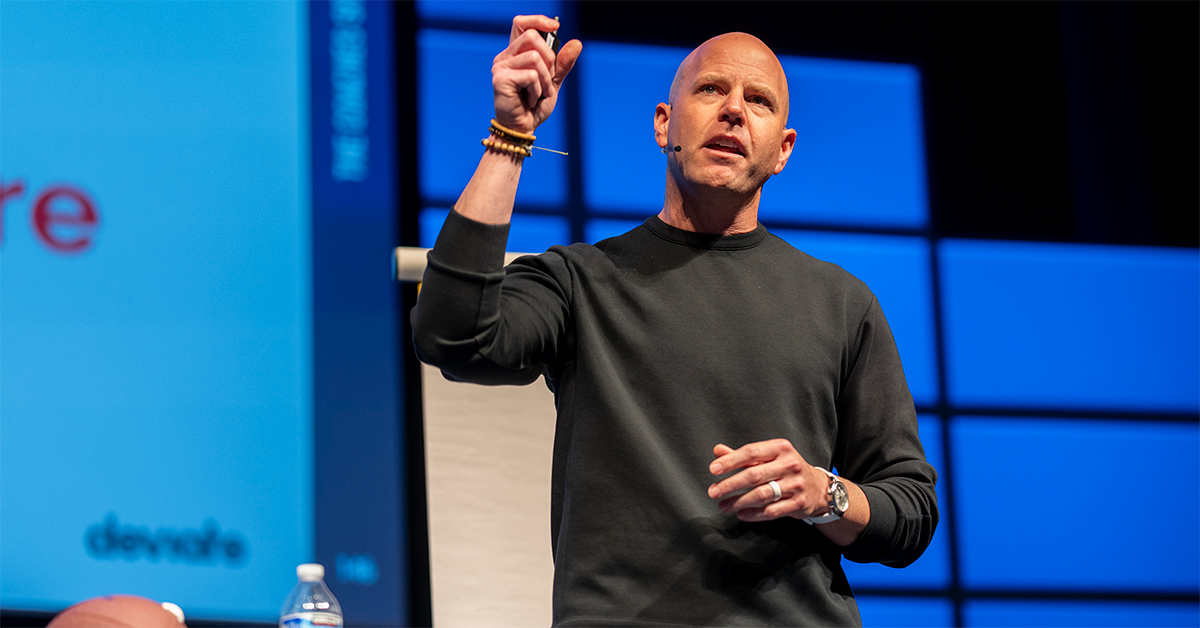
Ryan Blanck is the founder and CEO of Deviate, a company built on developing leadership and giving the foundation that coaches can develop a culture from. Blanck emphasized his five practices of leadership, including inspiring a shared vision, enabling others to act, challenging the process, encouraging the heart, and modelling the way. While keeping these ideas in mind, Blank took the crowd through activities that allowed the attendees to rate their values. This was used to show the importance of making sure what a coach believes is important aligns with their team to find the success both parties want.




